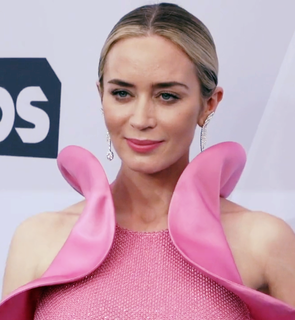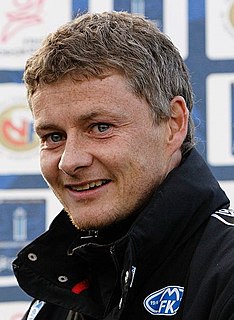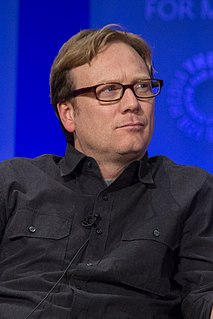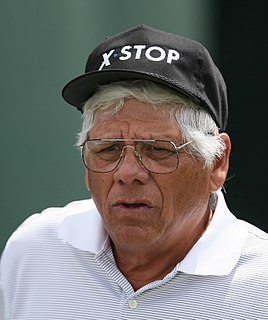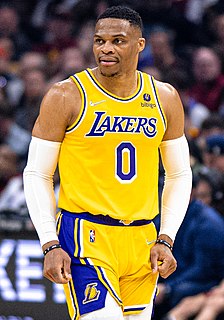A Quote by Emily Blunt
I think a shot can actually influence a scene in a huge way. For example, comedy is always better in a two-shot. What's between the characters is what's funny. So you learn about these things as you go along.
Related Quotes
There are two things I will always remember. First, a shot against Derby that hit the inside of the post but didn't go in, and we could only draw 2-2. And then the really big chance against Bayer Leverkusen, two minutes from the end of the Champions League semi-final, when I shot over the bar. That hurt a lot.
I think I'm one of those guys who was sort of always in comedy. I thought of myself - and other people seemed to think of me - as funny from a very young age. I was a very young comedy nerd and I even did sketch comedy in high school and college. I wrote and shot sketches on video and acted in them.
The time to hurry is in between shots. It's not over the shot. It's timing how people walk. You have to add that to the equation. If you've got somebody walking slow and they get up to the shot and take their 20 seconds, what's the aggregate time for them to hit that shot in between shots? That's what really matters. It's not the shot at hand.
Every shot feels like the first shot of the day. If I'm on the range hitting shot after shot, I can hit them just as good as I did when I was 30. But out on the course, your body changes between shots. You get out of the cart, and you've got this 170-yard 5-iron over a bunker, and it goes about 138.
There's nothing worse than an ostentatious shot or some lighting that draws attention to itself, and you might go, 'Oh, wow, that's spectacular.' Or that spectacular shot, a big crane move, or something. But it's not necessarily right for the film — you jump out, you think about the surface, and you don't stay in there with the characters and the story.
If I'm ever working on a set and anyone talks about a master shot, I say there is no master shot. Before I even went to film school, I learned about movies by being in a British feature film, where everything was shot master shot, mid-shot, close-up. But I reject the idea of a master shot. You don't shoot everything mechanically; you find imaginative ways that serve the action.
